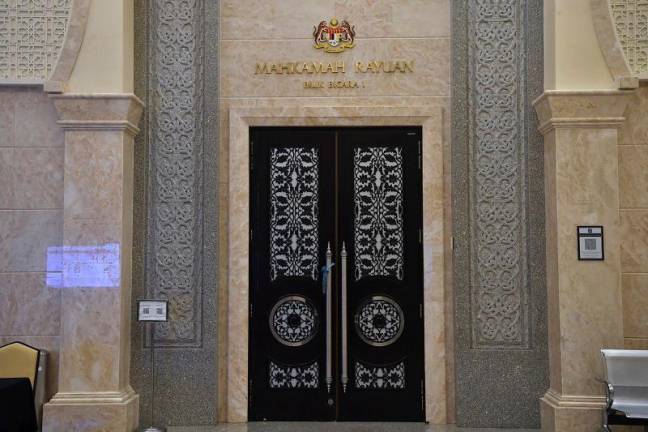PETALING JAYA: Fitch Solutions has revised down its 2021 real gross domestic product (GDP) growth forecast for Malaysia to 10% from 11.5% previously, to reflect the downside risks posed by the reimposition of lockdowns in nearly half the country.
It said the main mechanism leading to slower recovery will be muted private consumption as employment and wages are likely to once again come under intense pressure, this time with even less scope for fiscal support, given that government finances are already strained and close to the raised debt limit of 60% of GDP. Accordingly, it now expects private consumption to grow by 6%, from 8.5% previously.
“Most importantly, we flag serious downside risks even to our revised growth forecast of 10% and we will likely be revisiting it in the coming weeks following the release of Q4’20 real GDP data and as the timeline regarding the lockdown measures becomes clearer,“ it said in a report.
On the fiscal side, it expects the government to once again raise the debt limit and see downside risks to its current deficit forecast for 2021 of 5.5% of GDP.
“We previously stated that the debt limit would likely remain at 60% of GDP, but only in the absence of another serious negative shock to the economy and that contingency is now in play. That said, any stimulus measures that will be announced in the coming weeks is unlikely to top what was announced in 2021 given the constraints the government faces.
“Coupled with the compromised economic outlook, the high public debt load is likely to have a negative impact on investor sentiment towards Malaysia and could raise its borrowing costs further.”
Fitch Solutions also sees downside risks to its 2021 policy rate view, which is currently for hikes totalling 50 basis points (bps).
“We will be revisiting our rate forecast of 2.25%, a 50bps hike from the current 1.75%, in the coming weeks – the weaker economic performance and fiscal constraints means monetary policy will likely have to remain loose for longer to support the economy.”
The state of emergency that will last until Aug 1 presents mixed prospects in Fitch’s view, and it will observe how the government exercises its emergency powers over the coming weeks before considering any changes to its short-term political risk index score, which currently stands at 66.7 out of a best possible score of 100.
“While the government’s ability to pass laws without the consent of Parliament is a plus for policymaking over that period, the lack of parliamentary oversight is liable to result in an erosion of the government’s already thin legitimacy, having come to power in a backroom coup in Q1’20.
“Indeed, the risks are especially pronounced if the government takes the opportunity to push through unpopular legislation that would otherwise not have been passed by Parliament.”










